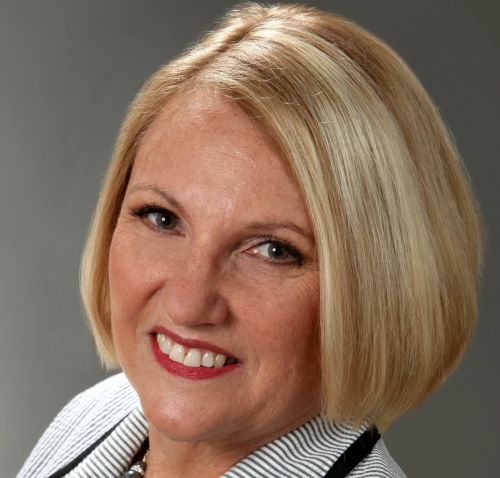 BLOG VIEW: Last week, in response to a news article regarding the ongoing HUD Office of the Inspector General lawsuit against Wells Fargo's quality control (QC) management, I conducted a series of webinars and invited QC personnel from around the country to join. The response was tremendous: QC staff from large and small banks, private mortgage lenders, mortgage insurance companies, due diligence firms, law firms and other interested industry members participated.
BLOG VIEW: Last week, in response to a news article regarding the ongoing HUD Office of the Inspector General lawsuit against Wells Fargo's quality control (QC) management, I conducted a series of webinars and invited QC personnel from around the country to join. The response was tremendous: QC staff from large and small banks, private mortgage lenders, mortgage insurance companies, due diligence firms, law firms and other interested industry members participated.
During the webinars, we identified the need for the industry to have the ability to create a benchmark for individual lenders to use as a peer-to-peer comparison. Numerous individuals on the webinars stated that they are continuously asked if their issues were consistent with the rest of the industry. They said the inability to provide an answer is very frustrating.
Of course, in order to have a valid benchmark, there must be standard definitions of the major attributes for quality control tests. Primarily this involves the definition of ‘ineligible’ or ‘unacceptable.’ While intuitively we all think we know what these terms mean, I have heard them defined as a loan that won't perform, a loan that can't be sold, or a loan that will have to be repurchased if it doesn't perform. Some compromise and/or consistent variation on these definitions will have to be reached in order to create benchmarking capability.
The additional attributes of a loan file will also need specific definition. For example, should there be one question that identifies whether the income used to calculate the debt-to-income was accurate? And should there be similar types of definitions for the other major categories that Fannie Mae, Freddie Mac and the Federal Housing Administration are now calling defects? The severity of the issues also needs to be quantified. As they now stand, the definitions of ‘major’ and ‘minor’ defects created by the agencies have left everyone in limbo.Â
The servicing side of the industry faces similar issues with QC – but the Consumer Financial Protection Bureau (CFPB) has, in its identification of the issues, helped push the standardization process further along. During the webinar, there was only one individual who believed it would be impossible to standardize these terms so that an industry benchmark could be created. The level of support for this idea was overwhelming.
Once the benchmarks are developed and collected, lenders will have a much better ability to understand where they have issues, what is causing the problems, how they compare to others and to quantify the superiority of their products. For so long, lenders that have focused on doing things right have given up in frustration because they have not received better pricing for their products.
‘Why pay for the extra effort and/or turn down questionable loans when everyone else was taking them and getting paid the same?’ was a common question heard before and during the mortgage crisis. With the advancement of a benchmarking tool, lenders have the ability to differentiate and benefit from their level of commitment to quality.
There is, however, one question that needs to be asked and answered as this idea gets further consideration: If the need for benchmarking and paying up for quality has been needed for a long time, why hasn't it happened? Are there other issues at play within the industry that are preventing the accessibility of this type of data? And what will happen as this initiative moves forward? Will industry leaders who have said they want to know actually support the development of benchmarking tools or are these just empty words? Is it better to keep everyone in the dark or shed some light on the quality of loans?Â
For those interested in finding out the answers to these questions and more, a follow-up webinar is scheduled for May 7. For more information, please email becky@rjbwalzak.com.
Becky Walzak works with Mortgage TrueView, a provider of data-driven business intelligence services, heads her own consulting firm, rjbWalzak, and is president of Looking Glass Group, a consultancy that focuses on strategic planning, risk assessment and operational and sales/marketing services for mortgage lenders. With more than 30 years of experience in the financial services industry, she is an expert in loan quality assurance and risk management.
(Do you have an opinion to share with MortgageOrb? Get in touch! Send an email to pbarnard@zackin.com.)













